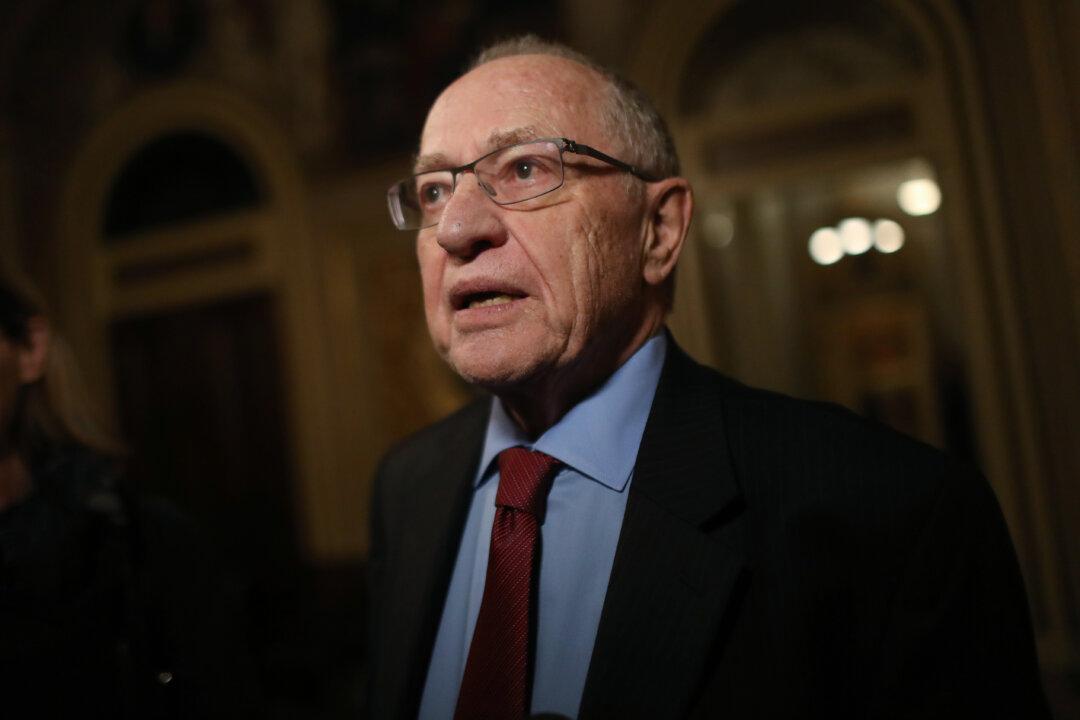The federal indictment against former President Donald Trump fails a crucial test, law professor Alan Dershowitz says.
“It doesn’t meet what I call the Richard Nixon standard, which was very clear obstruction of justice, destroying evidence, paying bribes,” Dershowitz, a professor emeritus at Harvard Law School, said on Newsmax on June 9 after the indictment was unsealed.





